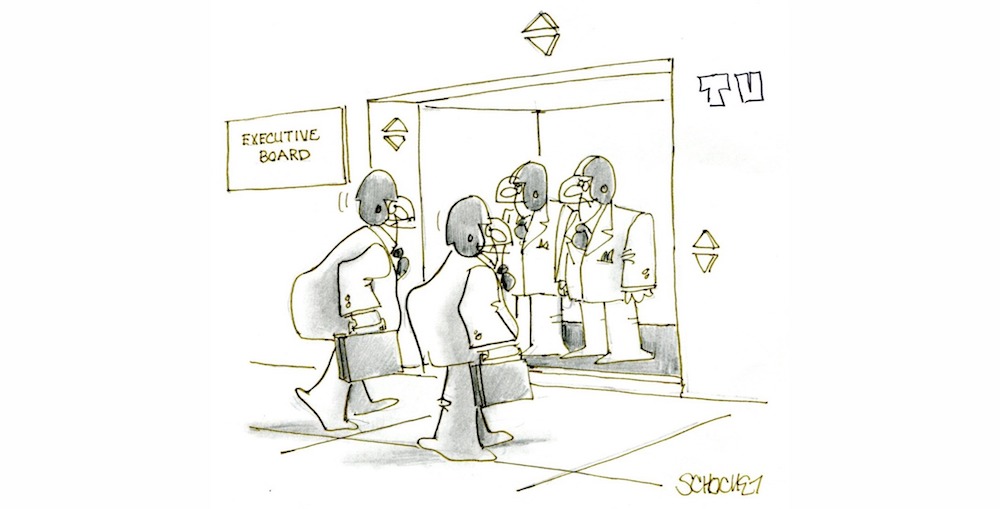It seems that major sports in the U.S. are going through some significant changes.
Major League Baseball (MLB) welcomed Jen Pawol as its first female umpire. The Women’s National Basketball Association (WNBA), whose biggest draw is the white player Caitlin Clark, is currently embroiled in a reverse discrimination controversy. And the National Football League (NFL) headquarters in New York City was recently the target of an attempted mass shooting by a mentally unstable former player.
All of this is taking place in the midst of a major overhaul of sports’ multiple TV rights assignments. Bundling cable TV channels has contributed to the general malaise of the U.S. cable TV sector, so is it possible that a similar tactic by various sports leagues will also harm popular U.S. TV sports offerings?
Let’s look at the evidence: The NFL sold broadcast rights to CBS, NBC, Fox, and ESPN/ABC, plus to streaming platforms such as Amazon Prime Video, Peacock, and NFL+. The league’s latest television deals, spanning from 2023 to 2033, are worth $113 billion.
The NBA has signed new media rights deals with Disney (ABC and ESPN), NBC (including Peacock), and Amazon Prime Video, starting with the 2025-26 season. Overall, these 11-year agreements are worth $76 billion.
MLB’s national television and streaming rights are held by ESPN, Fox Sports, TBS, Apple TV+, and Roku. Other potential contenders include Apple and NBC.
Holman W. Jenkins, Jr., who runs the “Business World” feature in the Op-Ed pages of The Wall Street Journal, made one of his rare understandable statements in the Saturday, August 9, 2025 edition of the Journal: “As football migrates away from big three TV networks and cable bundles


Leave A Comment